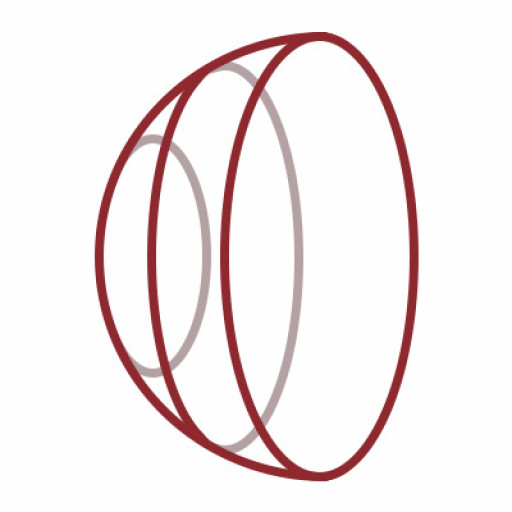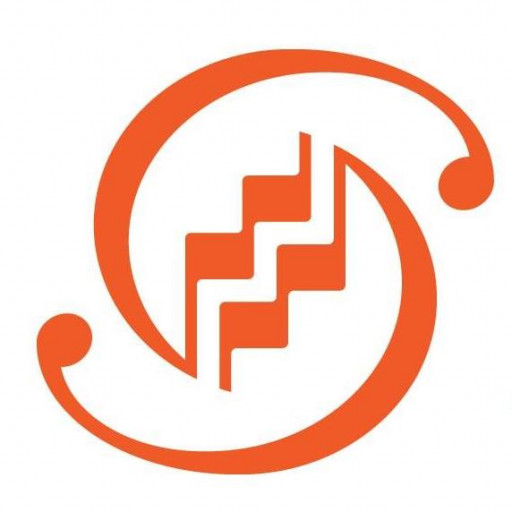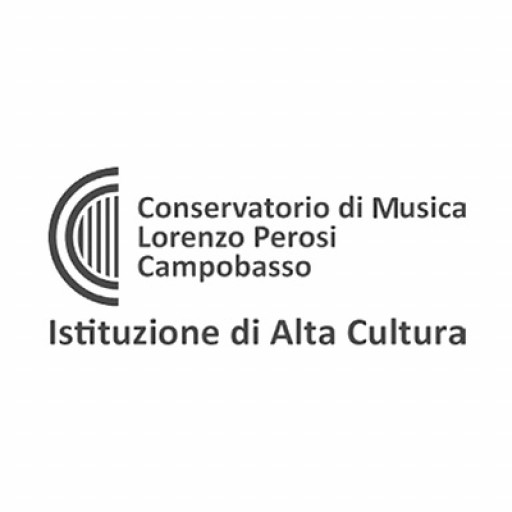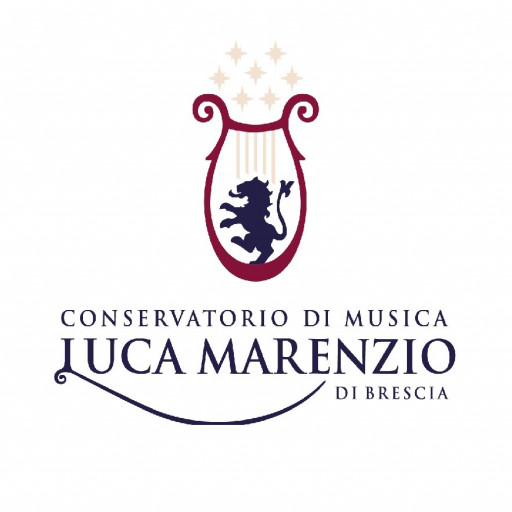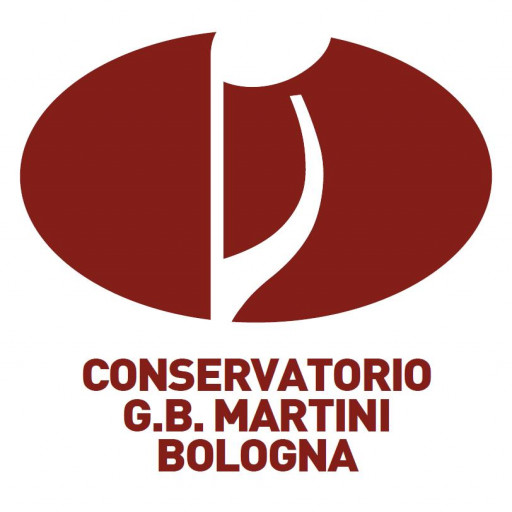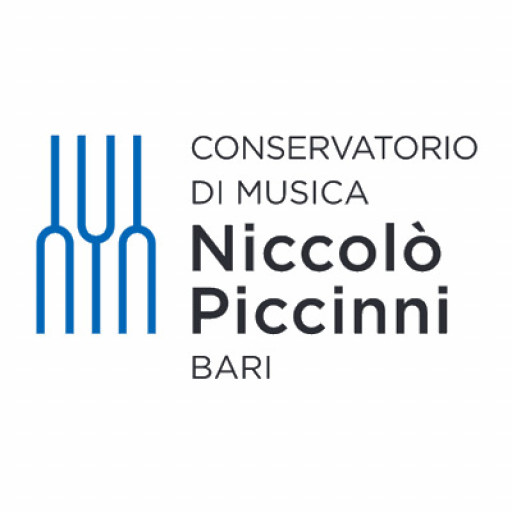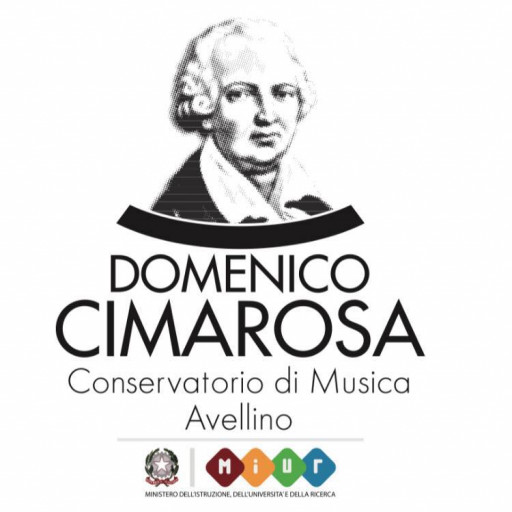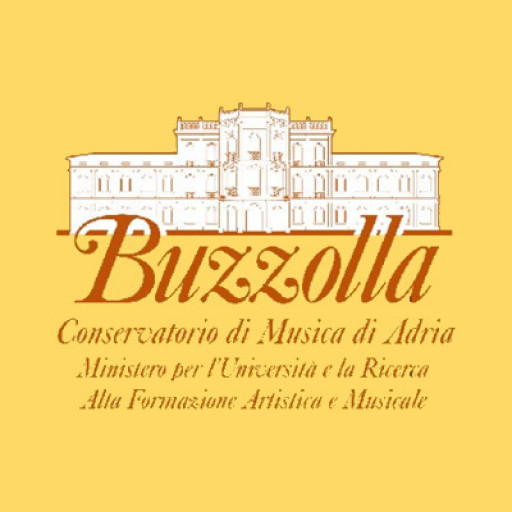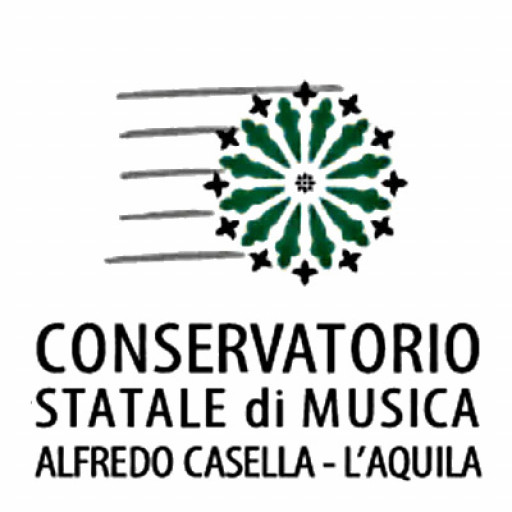Photos of university / #ouranu
The Master of Art History and Curatorial Studies (Advanced) at the Australian National University offers a comprehensive and in-depth exploration of the history of art, visual culture, and contemporary curatorial practices. This program is designed for students who are passionate about understanding the cultural, social, and political contexts of artworks across different periods and regions. Students will engage with a diverse range of topics including classical, modern, and contemporary art, as well as museology, collection management, and exhibition design. The curriculum emphasizes critical analysis, research skills, and practical experience, enabling graduates to pursue careers in galleries, museums, art organizations, academia, and cultural policy. Throughout the program, students have the opportunity to learn from leading scholars and curators, participate in professional internships, and undertake independent research projects that contribute to the field. The advanced coursework is supported by access to ANU’s extensive art collections, library resources, and collaborative partnerships with cultural institutions. By combining theoretical knowledge with hands-on curatorial skills, graduates will be equipped to innovate within the art world, contribute to cultural preservation, and influence public engagement with the arts. This program fosters an intellectual environment that encourages critical thinking, originality, and expertise in art historical methodologies, ensuring students are well-prepared to respond to the evolving challenges and opportunities in arts and cultural sectors globally.
The Master of Art History and Curatorial Studies (Advanced) at the Australian National University offers a comprehensive and rigorous curriculum designed to deepen students’ understanding of the visual arts, art history, and curatorial practices. This program is tailored for students who wish to develop advanced critical skills, engage with diverse cultural institutions, and prepare for careers in galleries, museums, research, or academia. The coursework covers a wide range of topics including the history of art from ancient to contemporary periods, art theory, museology, and conservation. Students will undertake in-depth analyses of artworks, exhibitions, and collections, gaining the expertise necessary to critically evaluate artistic and cultural significance.
The program emphasizes practical curatorial skills and provides opportunities for students to participate in internships, exhibitions, and collaborative projects with national and international arts organizations. Students will learn how to research, interpret, and present art in various contexts, and acquire essential skills in collection management, exhibition development, and public engagement. The curriculum also explores themes such as indigenous art, digital media, and global art movements, allowing students to develop a nuanced understanding of contemporary curatorial challenges and opportunities.
In addition to coursework, students are encouraged to undertake a substantial research project or thesis, fostering independent scholarship and critical thinking. The program is delivered by expert faculty with extensive professional experience and international networks. Access to the university’s rich collections, research centers, and partnerships with cultural institutions ensures students receive a well-rounded, practical, and theoretically grounded education. Graduates of the Master of Art History and Curatorial Studies (Advanced) will be equipped to contribute meaningfully to the arts sector, pursue doctoral research, or take on leadership roles within cultural organizations.
A doctorate degree or international equivalent with minimum GPA of both 6/7 and the approval of an identified manager for that thesis. All candidates need to meet the University's English Language Entrance Requirements.
The Art History and Curatorial Studies (Advanced) program at the Australian National University offers a range of financing options to support students throughout their studies. Domestic students primarily have access to Commonwealth Supported Places (CSP), which significantly reduces the financial burden by subsidizing tuition fees provided by the Australian government. In addition to CSPs, eligible students can apply for various government loans, such as the HECS-HELP and FEE-HELP schemes, which allow students to defer tuition fees and repay them through the Australian taxation system once they reach a certain income threshold. International students enrolling in this program are responsible for paying full tuition fees, which vary depending on the specific course components and study load; detailed information on fee structure is available on the university’s official website, and students are encouraged to consult the Fee Schedule for the most current figures.
The university also provides a comprehensive range of scholarships, bursaries, and grants designed to assist students in financing their studies. These include merit-based scholarships, which recognize academic excellence, as well as equity scholarships aimed at supporting students from diverse backgrounds or those experiencing financial hardship. Specific scholarships for students enrolled in Art History and Curatorial Studies (Advanced) may include the ANU Vice-Chancellor’s International Scholarship and the ANU College of Arts and Social Sciences Scholarships, among others. Applicants are typically assessed based on academic merit, personal achievements, and financial need. Additionally, students may seek external funding options, including private scholarships and sponsorships relevant to the arts and cultural sectors.
Employment opportunities are another financial resource, with part-time work available on and around campus through university employment services. Many students take advantage of internships, research assistantships, or casual roles to supplement their income while gaining valuable professional experience in the arts and cultural management fields. Furthermore, the university offers financial advice, budgeting workshops, and support services to ensure students can effectively manage their finances during their studies. Overall, the Australian National University is committed to providing comprehensive financial assistance and guidance to enable students to successfully complete their degrees in Art History and Curatorial Studies (Advanced).
The Master of Art History and Curatorial Studies (Advanced) at the Australian National University offers students an opportunity to engage deeply with the history of art and curatorial practice at an advanced level. The program is designed for students who already possess a foundational knowledge of art history or related disciplines and aim to develop specialized skills in curatorial methods, exhibition development, and critical analysis of visual arts. It typically includes coursework that covers a broad range of topics, such as the history of art from different periods and regions, theories of curatorial practice, museum studies, and the ethics and politics of exhibition making. Students may also undertake a significant research component, often in the form of a major thesis or curation project, allowing them to contribute original insights to the field. The program emphasizes both theoretical understanding and practical skills, preparing graduates for careers in galleries, museums, cultural institutions, or further academic research. The Australian National University combines rigorous academic training with access to extensive collections and resources, including partnerships with prominent cultural organizations. The Advanced designation indicates a higher level of scholarly engagement than the standard program, suitable for students seeking to pursue careers in research, curatorial leadership, or academia. The program typically spans a duration of one to two years of full-time study or part-time equivalent, with flexible learning options to accommodate working professionals. Admission requirements generally include a relevant undergraduate degree and demonstration of an interest or experience in art history or cultural studies. Graduates of this program are equipped with critical analytical skills, curatorial expertise, and a comprehensive understanding of the cultural and historical contexts of art, enabling them to contribute meaningfully to the cultural sector or to pursue further postgraduate research.

